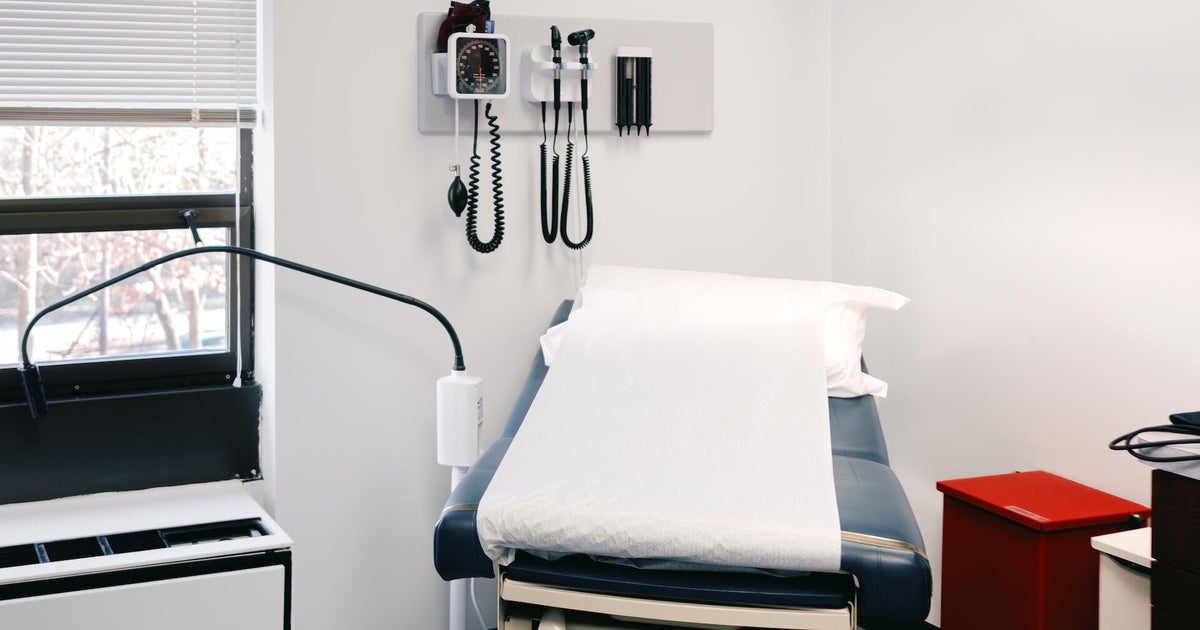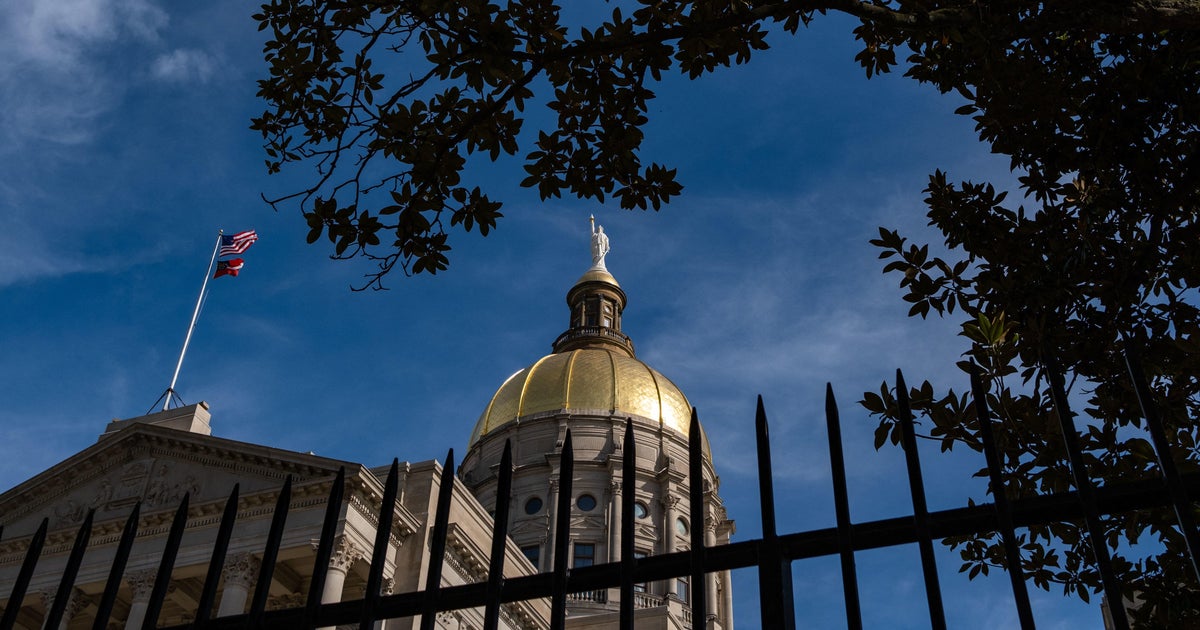Gov. Snyder, GOP Lawmakers Agree To Budget Targets
By Alanna Durkin, Associated Press
LANSING (AP) - Republican Gov. Rick Snyder and leaders of the GOP majority in the Legislature reached a budget agreement Tuesday for next fiscal year that doesn't include an expansion of government health insurance for low income-adults and puts Michigan's unexpected surplus toward funding roads and K-12 education.
Lawmakers have an extra $700 million to use in finalizing a roughly $49 billion spending plan thanks to better-than-expected tax collections. Michigan could collect about $483 million more in taxes than expected in January for the fiscal year ending Sept. 30 and projections for the next fiscal year are also higher than previously expected.
House Speaker Jase Bolger said the plan agreed to Tuesday reflects "a priority for K-12 education, for roads, for saving and for paying down debt." The Marshall Republican has been meeting with Senate Minority Leader Randy Richardville of Monroe and Snyder aides to complete spending targets for the budget that takes effect Oct. 1.
"We're going to continue on that path of getting a budget done quickly and efficiently in a well-balanced fashion because that's critical to the importance to help you - our citizens, our customers - be successful," Snyder said in a video statement.
The targets agreed to Tuesday lay a foundation, but the budget debate will continue in conference committees - likely later this week - where lawmakers will hammer out specifics on how the money for the various departments and programs will be distributed.
The Republicans agreed to provide an additional $350 million for the state's ailing roads and bridges. Snyder said that while lawmakers "are putting a lot of resources into roads, there is still more work that needs to be done."
Snyder had called for an additional $1.2 billion to fix the state's infrastructure system through a combination of gas tax and registration fee increases, but lawmakers haven't been able to agree on a comprehensive road funding package.
Republicans also agreed to use the unexpected surplus to put $140 million more toward K-12 education on top of the planned 2 percent increase for Michigan's schools.
House Minority Leader Tim Greimel of Auburn Hills said Democrats don't think the increase goes far enough.
"Increasing money to the School Aid Fund to the tune of $140 million is a long way away from remedying the $2 billion in education cuts over the past two years," he said in a statement. "There is an immediate financial crisis in many schools in Michigan due to Republican budget decisions, and the current Republican proposal does virtually nothing to solve it."
Snyder said Republicans also agreed to leave $75 million in the state's rainy-day account, or Budget Stabilization Fund, to "help protect" Michigan's "future." That will bring the fund's balance to $580 million, which Snyder's office says will further solidify "Michigan's strong financial position."
The Republicans also agreed to add $130 million over the next two years toward Michigan's Great Start Readiness Program, a preschool program for kids at risk of failing.
Legislators are aiming to pass the next budget by June, four months before the budget year begins. One of the biggest sticking points remains the approval of a Medicaid expansion for nearly 400,000 low-income Michigan residents under the federal health care overhaul.
Earlier Tuesday, Richardville told reporters that the budget targets will not include the expansion at this time. Snyder's original budget proposal had included accepting the federal funding to support the Medicaid expansion, which would have resulted in a reduction of state general fund spending by $206 million by next fiscal year. But Richardville said Republican lawmakers are not ready to embrace the expansion at this point.
Even though the budget agreement does not include Snyder's Medicaid proposal, Republicans are trying to push through a plan that would bring major changes to the government health insurance program, including limiting able-bodied adults to four years of coverage. That proposal is still being debated in committee and also would need the unlikely blessing of President Barack Obama's administration.
Bolger spokesman Ari Adler said if a Medicaid deal is reached, it can be dealt with in the budget at a later date.
© Copyright 2013 The Associated Press. All Rights Reserved. This material may not be published, broadcast, rewritten or redistributed.







